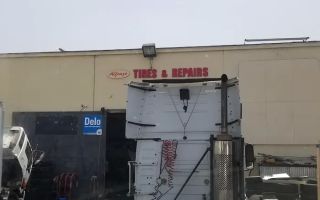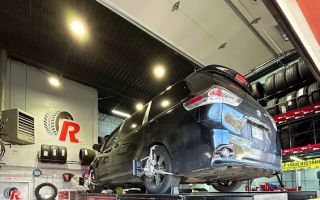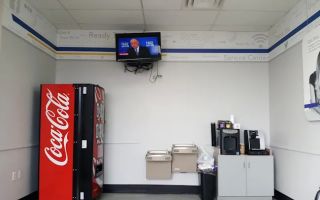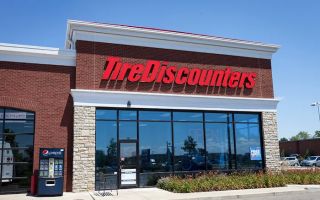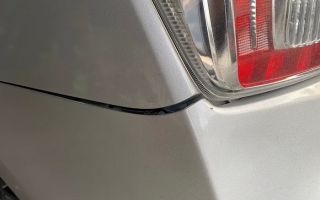How to Use Roadside Assistance for Engine Failure: A Step-by-Step Guide
- 1. Understanding Roadside Assistance for Engine Failure
- 2. When Should You Call Roadside Assistance for Engine Failure?
- 3. How Roadside Assistance Helps with Engine Failure
- 4. Choosing the Right Roadside Assistance Service for Engine Failure
- 5. Real-Life Stories: How Roadside Assistance Helped with Engine Failures
- 6. How to Get Immediate Roadside Assistance for Engine Failure
Engine failure is one of the most common and frustrating breakdowns you can experience on the road. Whether it’s due to a mechanical issue, lack of oil, or overheating, an engine failure can leave you stranded and worried. Fortunately, roadside assistance services are available to help you with engine failure. These services can provide emergency support, including jump-starts, repairs, or towing to a nearby mechanic. In this article, we’ll guide you through how to use roadside assistance for engine failure, the benefits of these services, and what to do when your engine fails.
Knowing when to call roadside assistance for engine failure is key to getting back on the road safely and efficiently. Here are a few signs that indicate it’s time to contact roadside help:
- Engine Overheating: If the engine temperature gauge shows that the engine is overheating, it’s important to pull over and stop driving immediately. Overheating can lead to severe engine damage. Roadside assistance can help with coolant delivery or tow the car to a mechanic.
- Sudden Loss of Power: If your vehicle suddenly loses power, you may experience an engine failure. This can happen due to issues like fuel system problems or a malfunctioning alternator. Roadside services can diagnose the issue or tow your car if necessary.
- Strange Noises or Smoke: If you hear unusual noises from the engine or notice smoke coming from the hood, it’s best to stop and seek roadside assistance immediately. These could be signs of serious engine issues that require professional help.
When you contact a roadside assistance service for engine failure, here’s how the process typically works:
- Call for Help: Call your roadside assistance provider. You may have coverage through your car insurance, a third-party provider, or a membership service like AAA. Provide details about your location, the issue, and your vehicle’s condition.
- Assessment and Support: Roadside assistance services will send a trained technician to assess the situation. They may try to fix minor engine problems on-site, such as adding coolant or diagnosing a fuel issue.
- Towing or Additional Services: If the issue is more serious or cannot be fixed on-site, the technician will arrange for your vehicle to be towed to the nearest mechanic or repair facility. Some services also offer on-the-spot repairs if possible.
Choosing the right roadside assistance provider is crucial to ensure quick and reliable help when your engine fails. Here are some factors to consider when selecting a service:
- Service Availability: Ensure that your roadside assistance provider operates 24/7 and covers the area where you typically drive. You want to be confident that help will be available when you need it most.
- Response Time: A good roadside assistance service should guarantee a fast response time, usually within 30 to 60 minutes. Look for companies with a reputation for quick and reliable service.
- Comprehensive Coverage: Some providers offer more than just engine failure support. Look for services that also include flat tire changes, fuel delivery, and lockout assistance in case of emergencies.
Real-life stories help illustrate how roadside assistance can be a game-changer during engine failure situations. Here are a couple of stories that highlight the benefits of using roadside assistance:
- Sarah’s Engine Failure in the Desert: Sarah was on a road trip across the desert when her engine started smoking and came to a halt. She called roadside assistance, and within 45 minutes, a technician arrived with coolant and quickly solved the issue. “I was so relieved. I could’ve been stranded for hours, but the roadside service made it so easy and stress-free,” she shared.
- John’s Sudden Power Loss: John was driving to work when his car suddenly lost power. He called his roadside provider, and the technician quickly identified that the issue was a fuel system problem. “I’ve always had doubts about calling for help, but this service was so helpful, and the technician explained everything to me,” John said.
If you're dealing with engine failure and need immediate assistance, it's important to contact a reliable roadside assistance provider. A trusted service can quickly diagnose the problem and get your vehicle back on the road or safely transported to a mechanic. Don’t wait until you're stuck—make sure you have the contact information for a reliable service in your phone. For expert roadside assistance services for engine failure, visit Rescue & Towing to learn more about how they can help in emergencies.




